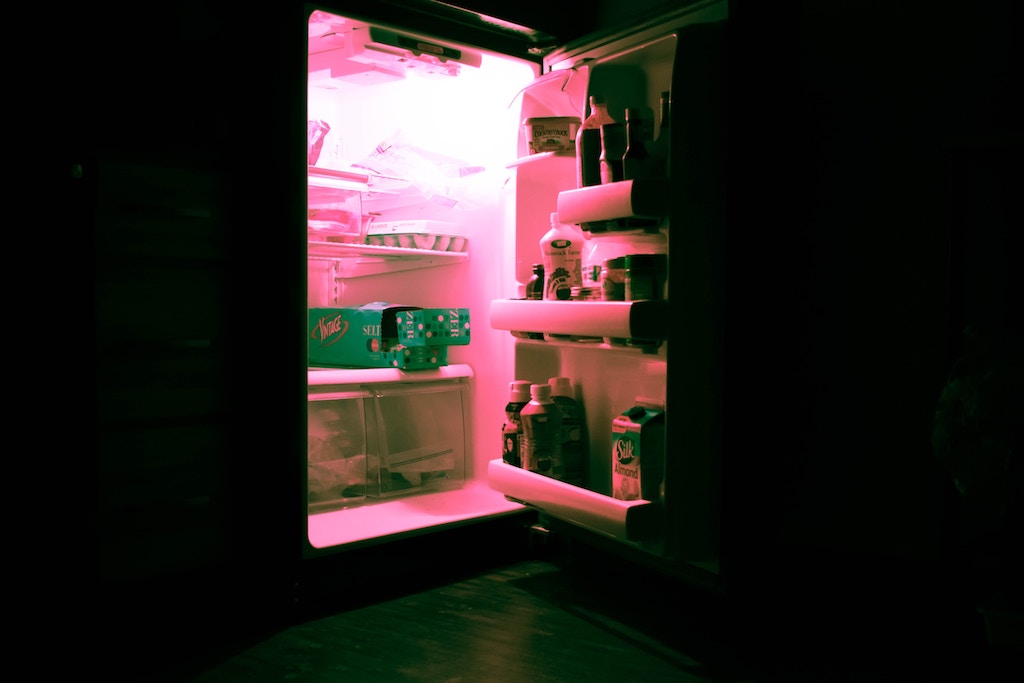Refrigerators preserve food and keep them cold, which is why a lot of them are filled to the brim with meals or items that we hope to save for later. While the appliance’s cool temperatures benefit most food products, it may have negative effects on others. It turns out that not all foods benefit from being stored in a cold environment. Here’s a short list of food that do not belong in the refrigerator, and how you can store them instead.
Onion
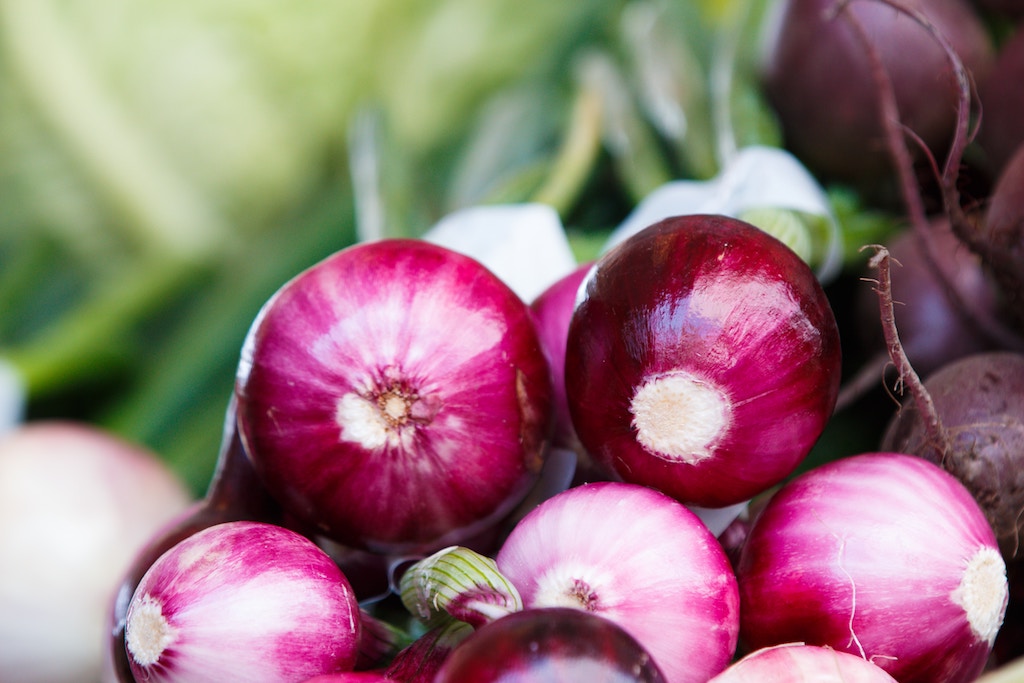
Onions rely on warmer climates and open-air circulation to remain fresh longer, and exposing them to a cold and humid environment speeds up spoilage by sapping moisture. Without proper ventilation, onions may begin to mold and rot. Instead, onions should be stored in dry, dark, but well-ventilated places such as pantries, cellars, or basements to ensure they are not exposed to too much moisture or humidity.
Potato
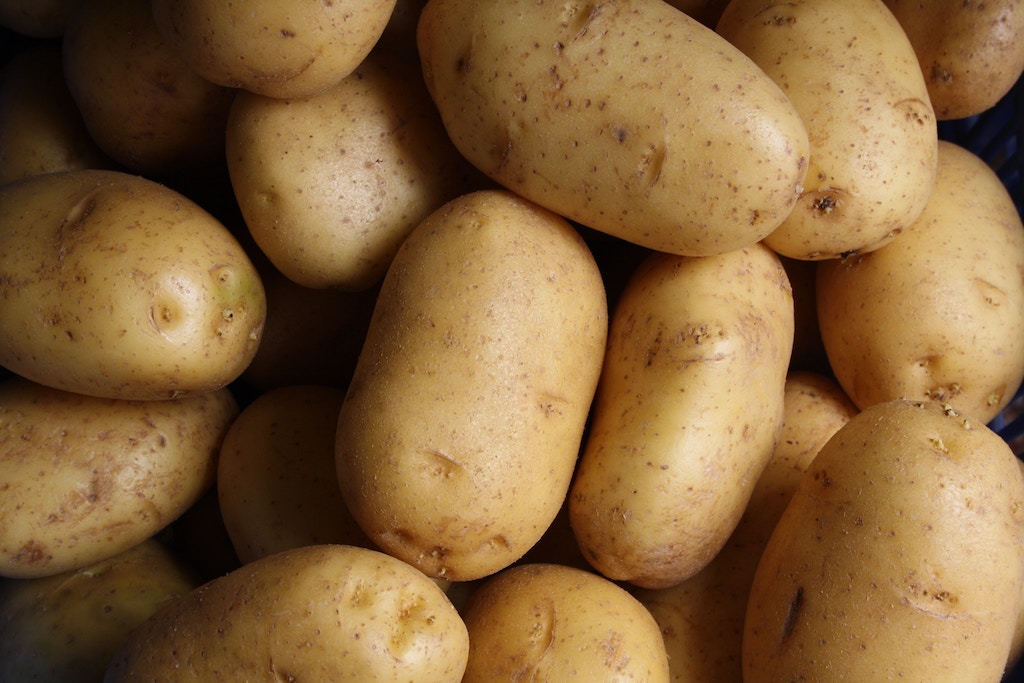
Although it’s ideal to store potatoes in cool temperatures, keeping them in refrigerators can do more harm than good. Exposure to low temperatures can turn starch into sugar much faster, and reduced sugars can result in acrylamides, which can damage the nervous system. Instead, potatoes should be stored in a cardboard box, a basket, or a paper or mesh bag in a cool area to help preserve their vitamin C content and extend shelf life.
Tomato
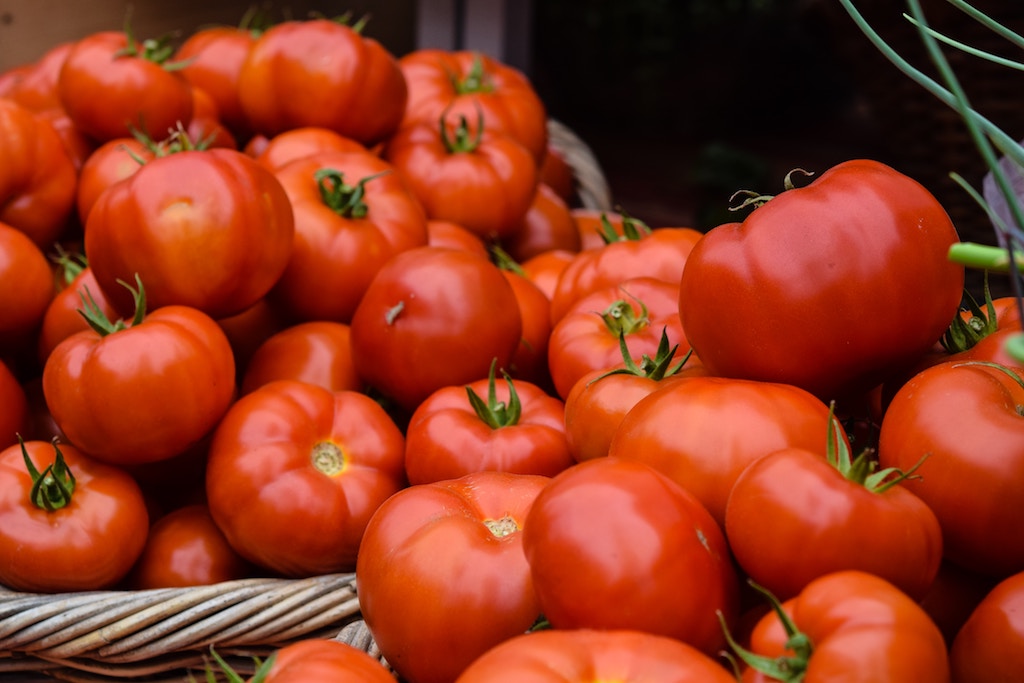
When stored in a place colder than 12ºC, tomatoes lose chemicals that are responsible for their flavor and fragrance. Apart from that, exposing tomatoes to cold temperatures also makes them soft go through uneven ripening, and even rot faster. Tomatoes can be stored in paper bags, in an area in room temperature but away from direct sunlight to maintain the right balance of humidity.
Bread
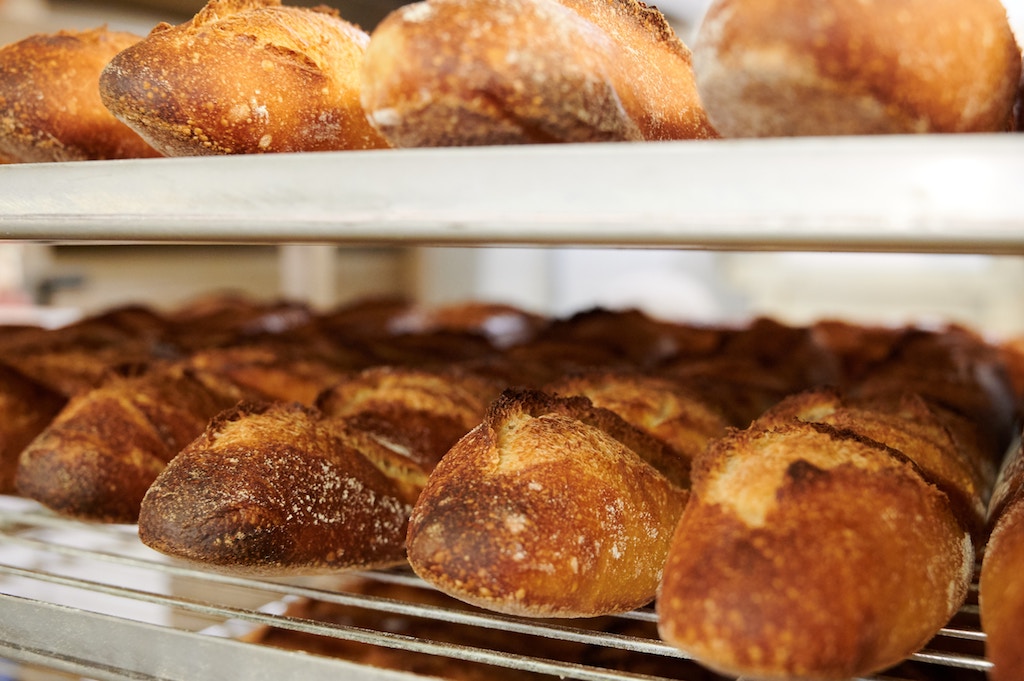
While keeping bread cold slows down the growth of mold, placing them in the refrigerator hardens them and makes them stale faster than loaves kept at room temperature, thanks to the recrystallization process that the starch in the bread goes through while cooling. The best way to store bread is to keep it at room temperature, in deep bread drawers, cabinets, or bread boxes. It also helps to keep bread away from direct sunlight.
Coffee beans
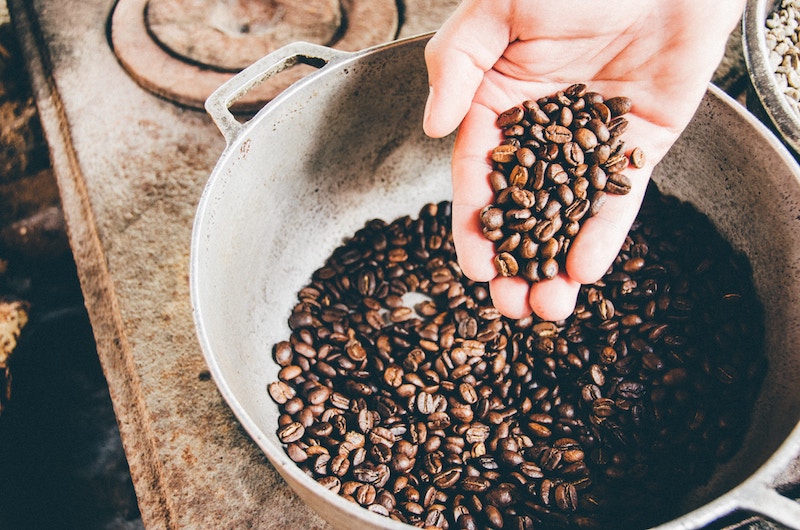
Coffee beans and refrigerators don’t mix for a number of reasons. Since coffee beans are porous, they can absorb moisture or aromas from items they are stored with, which can affect their flavor. Chilling coffee beans may also age them faster as it pushes the oils in the beans to the surface, causing them to condensate. The best way to store coffee beans and keep them fresh longer is to store them in airtight containers in your cupboard. Keep your beans at room temperature, away from too much heat or direct sunlight.
Header photo by Ernest Brillo on Unsplash
Get more stories like this by subscribing to our weekly newsletter here.
Read more:
How to optimize your fridge according to experts
Are frozen fruits just as healthy as fresh ones?
Inside the fridges of Manila’s top chefs
Writer: ANGELA PATRICIA SUACILLO


